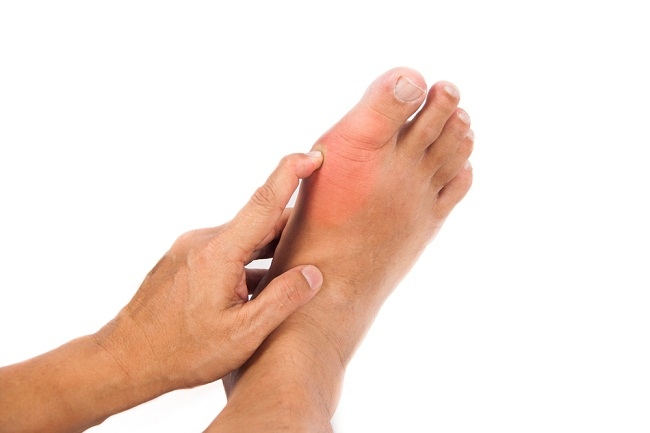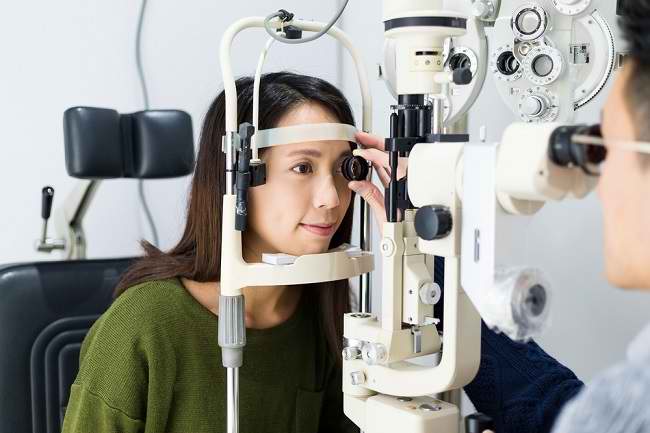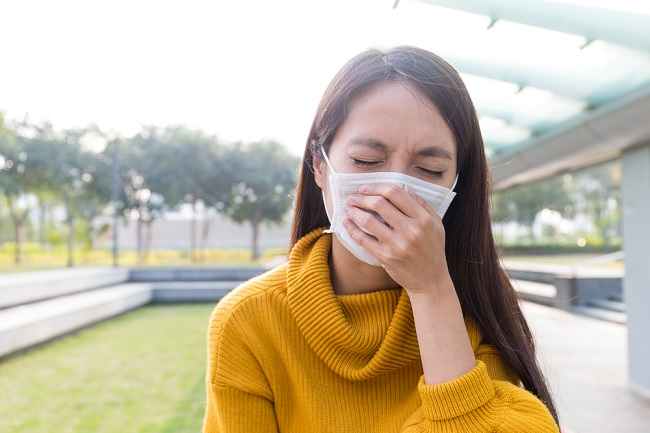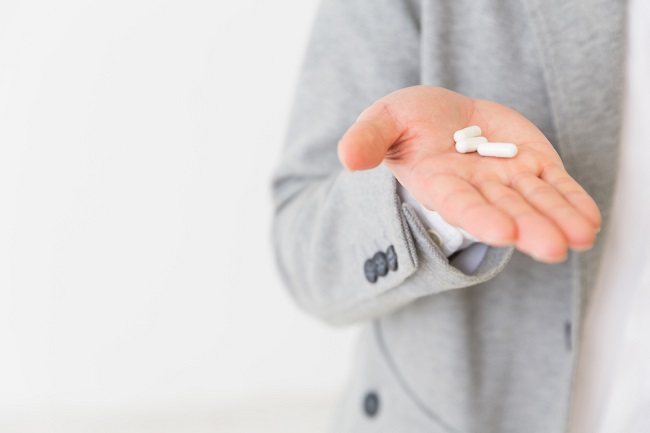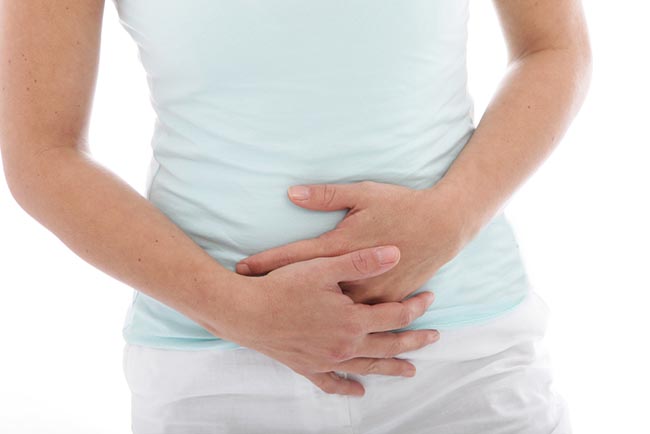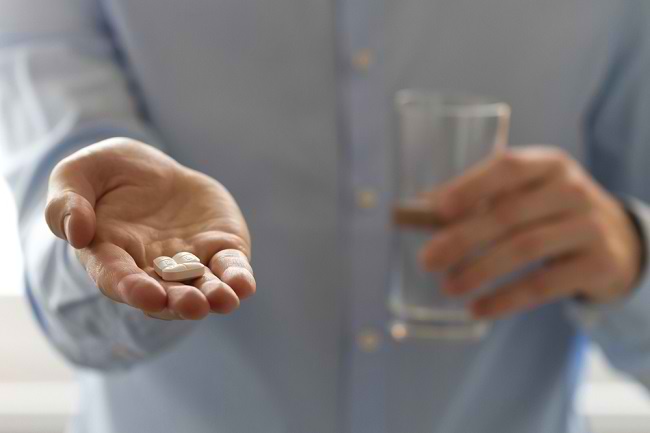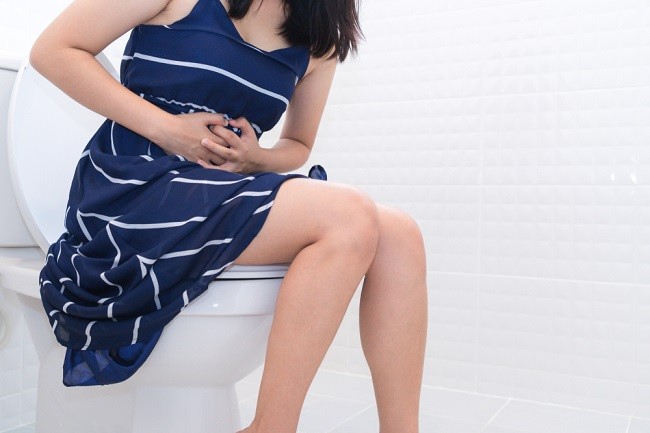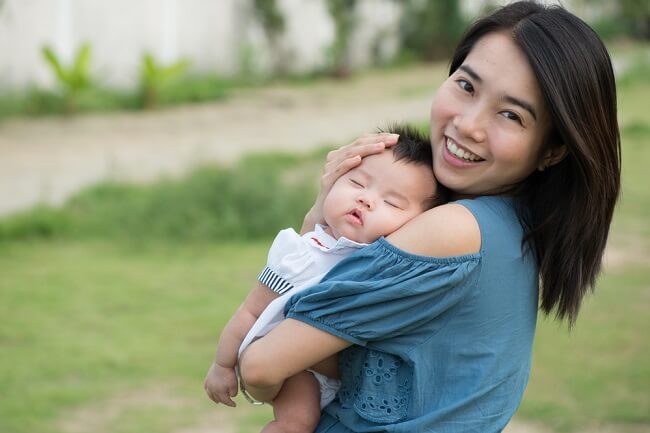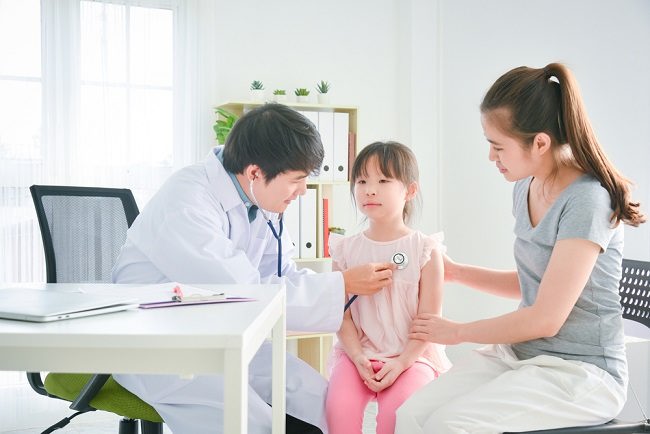Volcanic eruptions do not only have a direct impact. In the long term, volcanic eruptions can also have a negative impact on health. Even so, that doesn't mean you can't do anything to protect yourself and minimize the risks.
The adverse health effects of volcanic eruptions include respiratory problems from toxic gases and volcanic ash, eye irritation from acid rain, and burns from lava eruptions.

This does not only occur around the eruption area. If the volcanic eruption is large enough, the areas that are the evacuation route are also at risk of experiencing some of the effects of a volcanic eruption, although to a lesser extent.
Preparations Before the Volcano Erupts
So that the evacuation process to another place can run smoothly, when the volcano is about to erupt, there are several things that you need to prepare and put in the emergency bag first, namely:
- Flashlight and spare battery
- First Aid Box
- Emergency food and water
- Personal medicine
- Sturdy shoes
- N95 Mask
- Eyeglasses
- Battery powered radio.
If you are ordered to stay in a refugee camp for some time, then do the following:
- Listen to the radio or television for the latest information on volcanoes.
- Listen carefully to sirens and disaster warning signals.
- Bring a week's supply of medicine and a bag with the above supplies.
- Bring a container of clean water.
- Fill it with gas and put the vehicle in a safe place.
- Whenever possible, take your pet with you.
Things to Pay Attention to when a Volcano Erupts
When a volcano erupts, there are several things you can do to protect yourself, your family, and those around you from the dangers of a volcanic eruption.
The first thing you should do is always listen to the instructions of the authorities around you regarding preparation for a volcanic eruption, how to evacuate (if necessary to leave the eruption area), and how to take shelter at home (if you are not required to evacuate).
When a volcano erupts, you should do the following things:
If you are in a closed room
- Close all windows, doors and parts of the roof that may be open.
- Turn off all fans and air conditioners.
- Take pets to closed shelters.
- Wear clothes with long sleeves and long pants.
- Wear protective glasses.
- Wear an N95 mask.
If you are in an open space
- Immediately take cover in a closed room.
- Wear clothes with long sleeves, long pants, and shoes.
- Wear protective glasses.
- Wear an N95 mask.
Condition Recovery After Volcanic Eruption
After the volcano erupts, it's time to restore the condition of the environment where you live. Some of the ways you can do it are:
- Heed warnings and obey instructions from local authorities in your area. For example, staying indoors until there is information stating that conditions outside the home are safe.
- Turn off fans, air conditioners, and all air conditioners, and close windows and doors to prevent dust and toxic gases from entering.
- Wear an N95 respirator mask when you are outdoors or when cleaning dust inside your house to protect yourself from dust particles.
- If you don't have an N95 mask, you can use other anti-dust masks, but limit outdoor activities.
- Wear special glasses to protect your eyes from dust.
- If the drinking water at home contains dust, buy bottled water that is free from dust.
- If your eyes, nose or throat are irritated due to a volcanic eruption, you should immediately consult a doctor.
- Clean the roof of the house from volcanic dust that has accumulated. Volcanic ash that accumulates on the roof can increase the risk of a building collapsing.
- Avoid activities in areas exposed to volcanic ash.
- Avoid driving a vehicle in the ash rain, because it will damage the car, so you risk getting caught in the ash rain.
Take the steps above to stay safe during a volcanic eruption. These disasters can have a dangerous impact on health, even life threatening. If health problems arise, immediately consult a doctor to get the treatment you may need.
